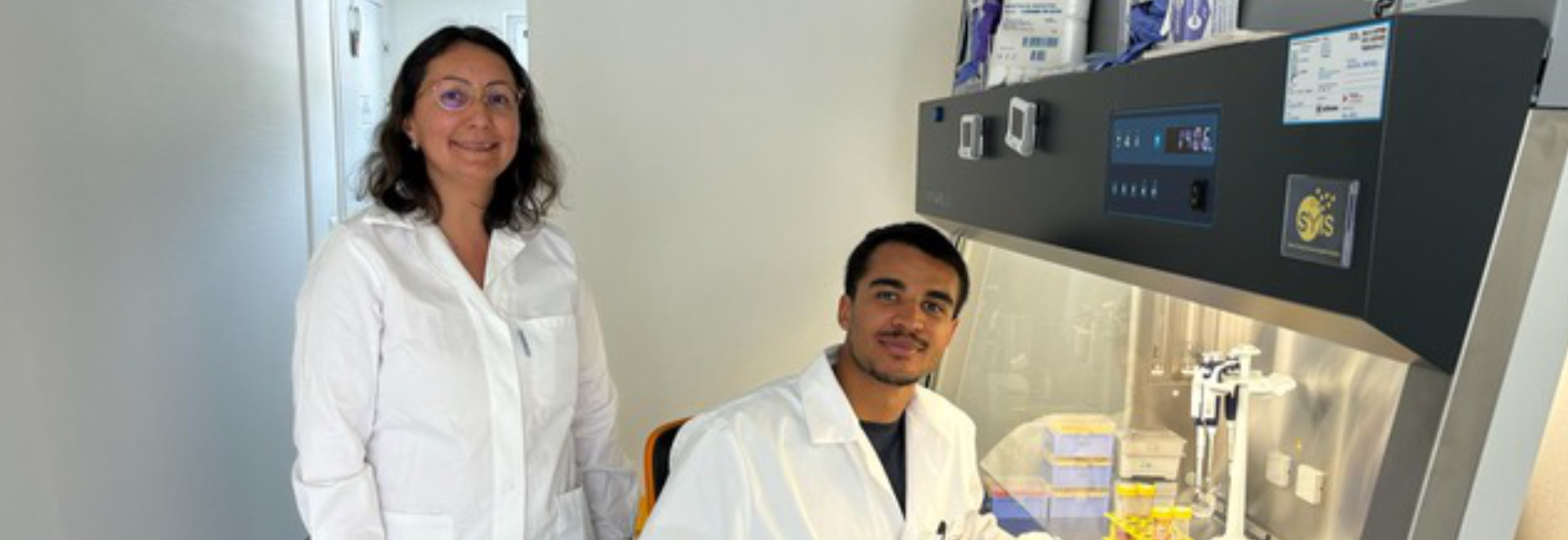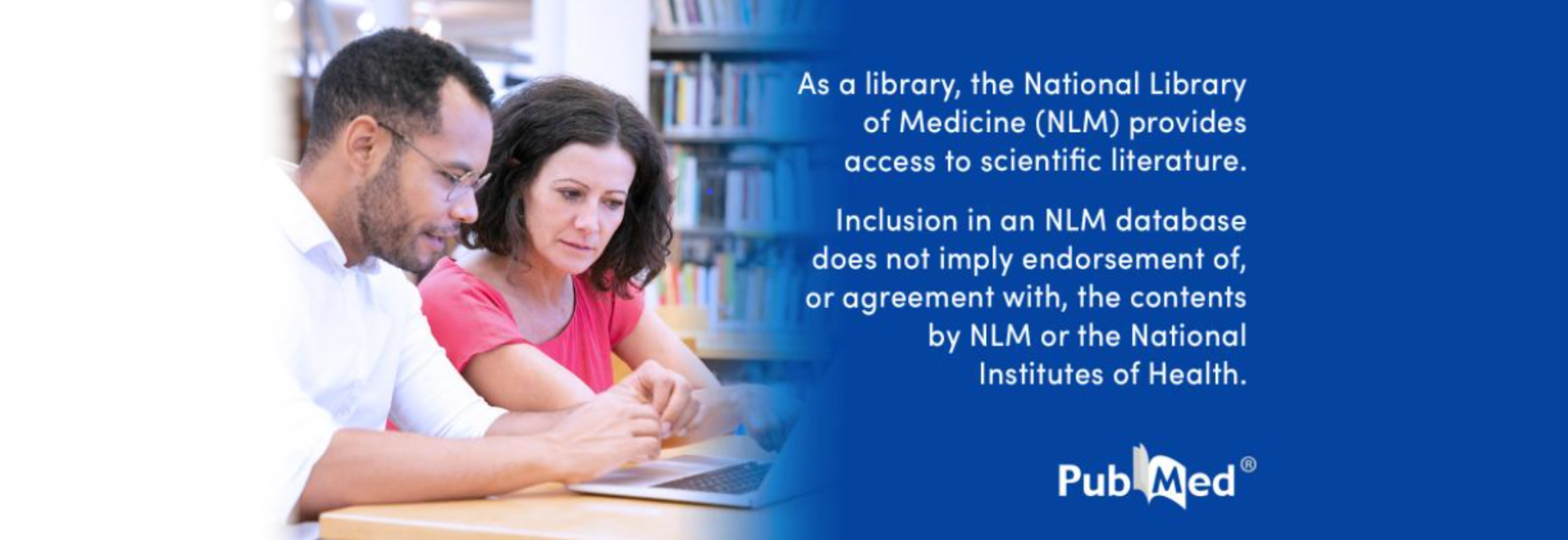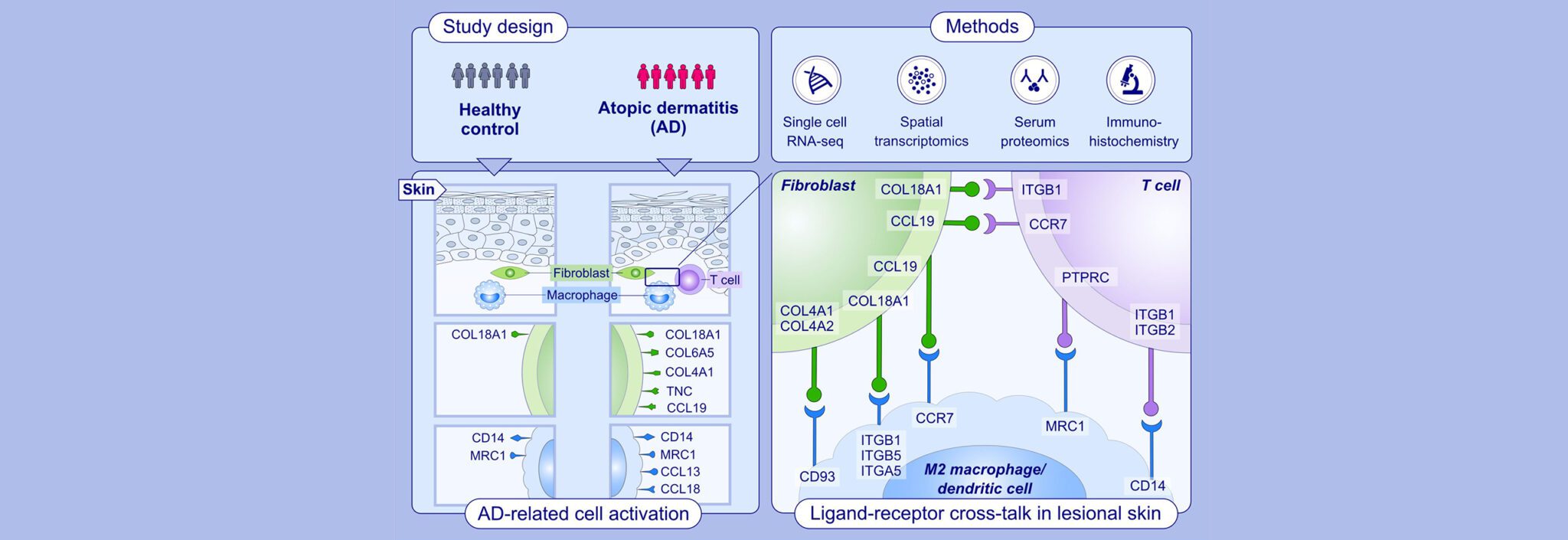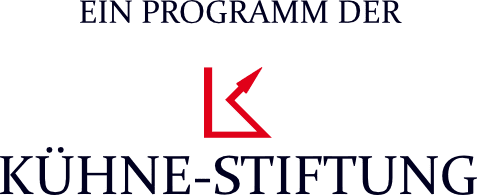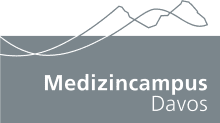A campus for allergy research, training and treatment is being developed on the Davos Wolfgang site. CK-CARE, SIAF and the Hochgebirgsklinik have committed themselves to the concept of translational research which has such a promising future. Here the results of research directly benefit patients in the clinic, through physical and organisational proximity. The closeness to patients offers researchers unique opportunities to do work that is ideally tailored to patients. Education conveys the results of this interaction to medical and non-medical professionals and thereby ensures that the effect is multiplied. Locally integrated cooperation is also crucial to genuine translational action.
In connection with the launch of the new Davos-Wolfgang Clinic in mid-2014, spaces became free on the clinic site which are to be used partly for a new building for research and training. Planning for this new construction project is now largely completed. The infrastructure for educational events and meetings will emerge on the ground floor, creating the best conditions for training of medical and non-medical professionals. Laboratory and office premises for SIAF will be installed on the top two floors, enabling this world-renowned institute to continue its research work at the highest international level. Thanks to contributions from Federation, cantons and municipality, financing of the project is now assured from the SIAF perspective. Building is planned to start in spring 2017 and finish by summer 2018.


